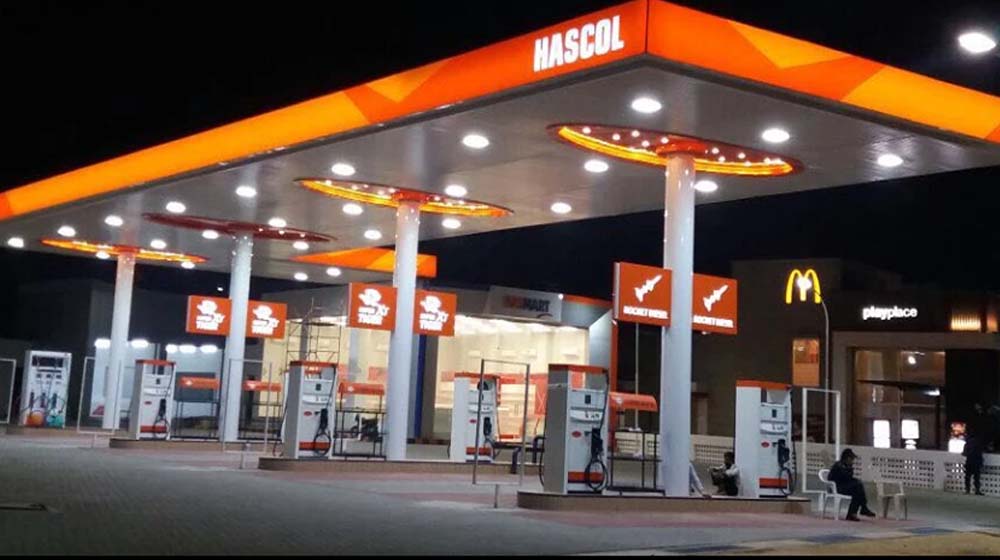Pakistan’s oil marketing companies (OMCs) have been through a rough patch. The listed OMCs that mainly include PSO, Shell, and Hascol have incurred losses worth more than Rs. 23 billion since the start of 2019 primarily due to the unprecedented devaluation of the rupee against the US dollar, fluctuations in international oil prices, and a sharp increase in interest rates during the period.
The Rupee and Dollar parity hit the OMCs hard as their letters of credit for the import of petroleum products settled at the new exchange rates during the period, hence causing a loss.
The upcoming financial results from the OMCs for the period ending 30th June 2020 are likely to be the worst ever in recent history due to low margins, huge inventory losses resulting from a sudden drop in global prices, and the lockdown. One of the oil marketing companies has not even announced its full-year 2019’s results until now.
According to an official, the exchange rate issue has been addressed by the government from March 2020.
The outgoing quarter (June-2020) is said to be a difficult one owing to inventory losses (courtesy of our pricing mechanism), low demand that can be traced back to the lockdowns, and exchange losses.
Just as domestic economic fundamentals were starting to improve, the world was introduced to a pandemic, the impact of which has been compared to the Great Depression. The resultant attrition in global oil demand coupled with a delay in supply cuts sent oil prices spiraling down.
Given that distributor margins of major retail fuels are fixed in absolute terms, OMCs would not be able to offset the impact of a decline in demand through higher margins. The local oil marketing companies may not be able to bring in inventory gains this quarter under Pakistan’s current pricing mechanism given the monthly lag in domestic pricing.
The official noted that the margins are fixed as they are the lowest in the entire Eastern region and maybe even the world. He said that on the basis of the current selling price of Rs. 100/litre, the margin is 2.5% only.
The official further added that companies will use this margin for paying salaries, marketing, capital expenditure, etc. This is the lowest in any sector of the country, he noted with a turnover tax rate unrealistically high.
According to a report by JS Global, the practice of monthly revisions in retail fuel prices is expected to be replaced with fortnightly revisions. This change in pricing policy should not only do away with inventory losses/gains for the midstream and downstream oil sectors but should also go a long way in ensuring OMCs continue to buy POL products from local refineries, effectively mitigating the risk of future fuel shortages in the country, said the report
The current pricing mechanism leaves a wide window for OMCs to gauge the trend of international oil prices. Towards the last week of the month, OMCs get a fairly good idea of the oil price trajectory allowing them to make prudent business decisions of importing POL products or buying from local refineries.
This becomes problematic for refineries, particularly when prices in the international markets fall below the ex-Refinery price as it leaves the local refineries with stockpiles that could become even cheaper the following month, resulting in inventory losses. Final approval from the cabinet is still awaited for the shift towards more frequent price revisions.
OCAC has estimated that the downstream oil sector is looking at nearly Rs. 25 billion in inventory losses during the month of June-2020 alone.
The current pricing mechanism can go well beyond the sector and potentially put Pakistan’s energy security at risk. It is to be noted here that the prices are still being revised on a monthly basis. They were being forced to bear these losses and their pleas for help on the OMC margins were being ignored.
The government needs to seriously address the concerns of the industry, as not only is the state-owned PSO in hot waters, but some of the OMCs may not even survive in the market.

























